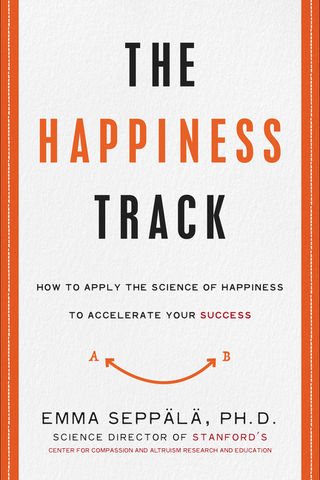Parenting
3 Ways Parenthood Makes You More Mindful (and Healthy)
Research shows that having children can make you a happier person
Posted January 7, 2016

We sometimes think of parents as harried, tired and exhausted. In fact a recent study showed that the first year of a child is worse than divorce, unemployment and even the death of a partner! Despite the blissful photos pasted on social media, parents often feel overwhelmed and pushed to the brink.
Yet research also shows that that parenthood actually increases mindfulness and therefore health and happiness in three important ways.
1. You stop being attached to plans and outcomes.
When non-parents plan to go out on a fun outing or decide to go to bed early to get a nice long night of sleep, their plans usually work out (and if they don’t, they get pretty upset). Parents, on the other hand, simply stop expecting things to go a certain way. Things may go great, but they also may not. You may have a great experience or be doing damage control the entire time. As a parent, you stop being fixated on things having to go your way. You become more accepting of what is and learn to regulate your emotions. You become humbler because you realize that you don’t really have full control. A parent is always like a beginner because every moment is new, every age is different, and every child is a new experience. You’ve learned to be comfortable being uncomfortable. And you’ve learned to have that proverbial Zen beginner’s mind.
2. You Gain a Deep Sense of Purpose.
Research shows that becoming a parent gives you a sense of purpose – and happiness. All of a sudden, you aren’t the center of the universe anymore. Your children come first. You begin to live with a sense of service—taking responsibility for the lives of others. Research on psychological well-being shows that both purpose and living with a sense of service are tremendous determinants of a fulfilling life—not to mention that it boosts your longevity and cardiovascular health. Moreover, with that sense of a larger purpose, you automatically stop sweating the small stuff. So the kitchen is a mess and the cat is drinking out of the faucet again, you forgot to take the trash out on trash day and the oil change on your car is way overdue. That’s A-ok. There are bigger fish to fry.
3. You Become Poignantly Aware of the Passage of Time.
Children— whose rates of growth and development are often staggering—are daily reminders that things are changing and that time is passing quickly. As a parent, you know you need to enjoy the moment now because soon your tots will be teens and then twenty-going-on-thirty-somethings. As a mom friend shared with me: “The days are long but the months are short.” Why does this awareness make you more mindful and happy? Research shows that the more you are aware of the passage of time—especially that things are changing and coming to an end—the more you start to live in the present, savoring every positive experience and giving less weight to the negative ones.
These psychological boosts may be the reason that parenthood significantly increases your happiness and health biologically. The bonding you experience with a child, for example, releases hormones associated with trust, connection and well-being. Research shows that the cuddle and feel good hormone oxytocin courses through both mothers and fathers who bond with their child. The more affectionate a mom is with her child, and the more playful the father, the higher the parents’ levels of oxytocin.
Finally, while sleep deprivation and other costs of parenthood can seem taxing on the body, research shows that parenthood may also have health benefits like lowering blood pressure. In fact, parents are 52% less likely to develop a cold (and this was not due to having been exposed to the virus from their kids!)
To learn more about the science of happiness, check out my new book The Happiness Track.



